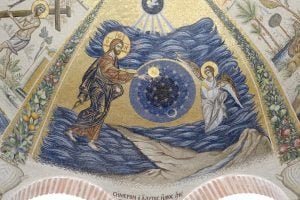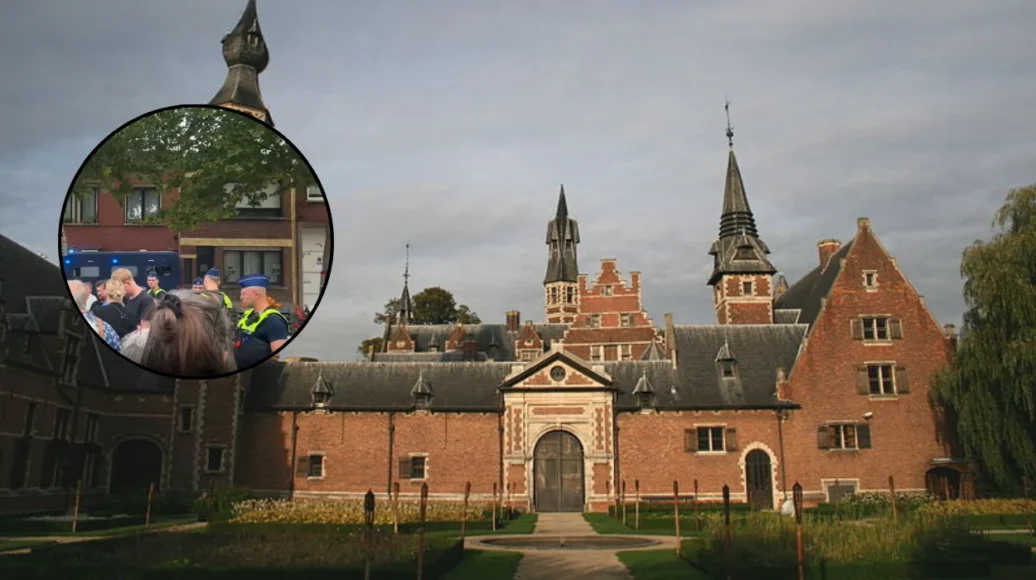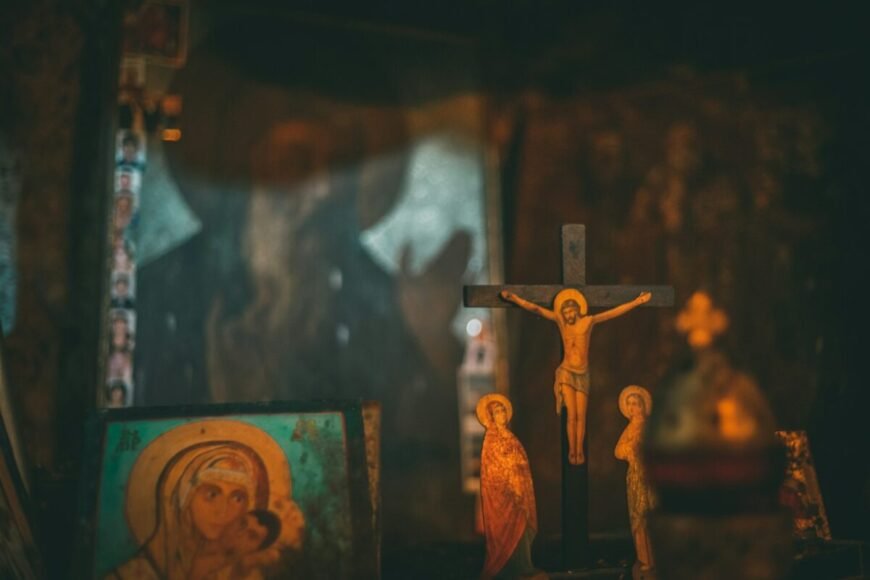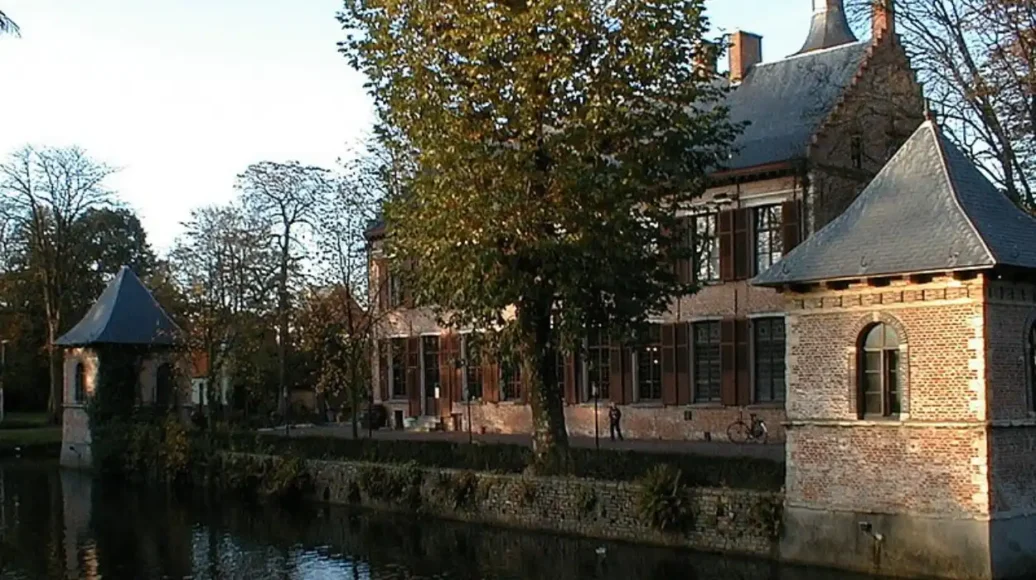By St. Gregory of Nissa
Indeed, this great and invaluable good, the man, did not yet exist in the world of created things. Naturally, the ruler does not appear before his subordinates; but once the foundation is ready, the king should emerge.
The Creator of the universe prepared something like a royal palace for the one destined to reign: the earth, the islands, the sea, and above them—the sky, arched like a roof. In these palaces, a variety of wealth was placed—all creation: plants and greenery, everything that feels, breathes, and has a soul; and, to encompass everything, this wealth includes substances whose color and splendor the human eye finds valuable—gold, silver, and precious stones.
The Creator concealed all this abundance in royal treasures, and only then introduced man into the world to be a wonder for the spectator and a master over it. Thus, through delight, he understands the mind of the giver and reaches, through the beauty and majesty of the visible, to the unspoken and surpassing reason of the Creator. Therefore, man was introduced last, after the rest of creation—not as rejected or disregarded, but because he was intended to be the king over all beneath him from his very creation. A considerate host does not invite a guest to the table before preparing the dishes; only when the house is decorated and the table set does he invite the guest to partake of the ready meal.
Similarly, the generous Creator, abundant with nature’s blessings, after adorning the world with all kinds of beauty and preparing a grand and diverse feast, then introduced man, not to seek what is lacking, but to enjoy what is before him. He gave man a dual nature, mixing the Divine and the earthly; thus, with these two beginnings, he is connected to and shares in both joys—enjoying God through his divine nature and earthly goods through his senses.
Source: St. Gregory of Nissa, περὶ κατασκευῆς τοῦ ἀνθρώπου, 2. Άπαντα τα έργα. 5. Ερμηνευτικά α΄. Θεσσαλονίκη, 1987.














Leave a Reply